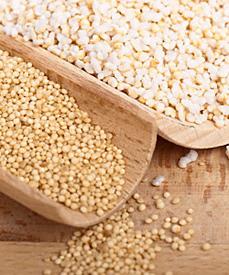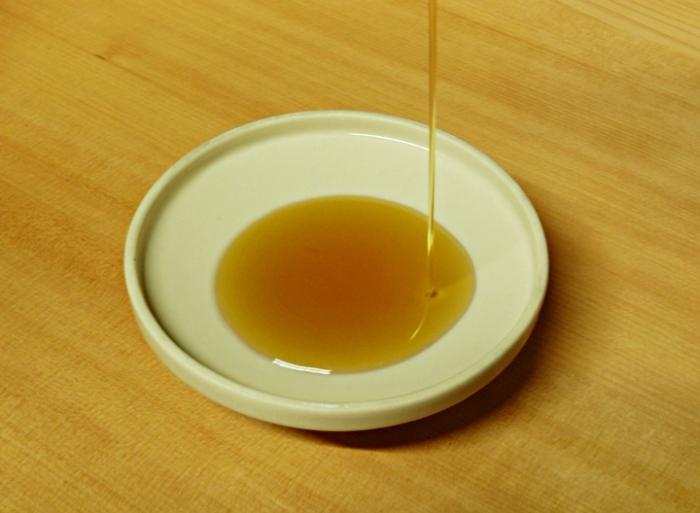Amaranth oil. Product benefits and disadvantages
Healthy properties of amaranth oilhave long been known to people. It contains the antitumor substance squalene and a set of essential amino acids. Much can be told about amaranth oil: benefit and harm to the human body, medicinal properties, caloric content, content of vitamins and fatty acids.

The rules for storing it are simple: ambient temperature up to + 25 ° C, tightly closed container, lack of access to light and moisture. Amaranth oil, the benefits and harms of which are well studied, will become useless after 30 days of unpacking the package.
This plant also produces cereals and flour,oil, starch, in the pharmaceutical and cosmetic industry - lysine and squalene. The flour is added to the confectionery and bread products. Amaranth can serve as a vitamin and protein component in dietary and vegetarian nutrition. In a daily diet, a useful oil is added to soups and casseroles, salads and omelettes. Amaranth oil with a nutty taste has a pleasant smell, it is fried and stewed.

Amaranth oil: properties, composition
The leaves of amaranth are rich in vitamin C, magnesium,proteins. As in corn, in amaranth oil there is a lot of linoleic acid (not less than 50%). Vitamin E is found in the tocotrienol form. This rare form increases its antioxidant capacity.
What does not contain amaranth oil! Benefit and harm (the former predominates) are due to its diverse composition. Up to 9% of phospholipids, bile, arachidonic, linolenic, pantothenic, oleic and palmitoleic acids, carotenoids, phytosterols, thiamine and vitamin D, riboflavin and pyridoxine, niacin equivalent, choline, magnesium, calcium and iron. In large quantities, the oil contains potassium, phosphorus, copper. 100 g of amaranth oil have a calorific value of 736 kcal. Proteins and carbohydrates in oil - 0 g, and fat - 81.8 g.
Squalene in the composition of amaranth oil
Squalene in significant amounts (from 0.2 to 1%)is found in elite varieties of olive and linseed oil, but amaranth significantly outruns them in the content of this substance (8%). Squalene is a source of synthesis of steroids and triterpenes, takes part in the process of saturation of body tissues with oxygen, has antitumor and anticarcinogenic properties, increases resistance to viruses, bacteria and fungal infections. Squalene is a part of many dietary supplements and luxury cosmetics.
Indications and contraindications

Damage to amaranth oil can bring only in very rare cases. Its use is contraindicated for bile and urolithiasis, acute and chronic cholecystitis, pancreatitis.
Amaranth oil is sold in pharmacies and online stores, but it can be cooked independently.














